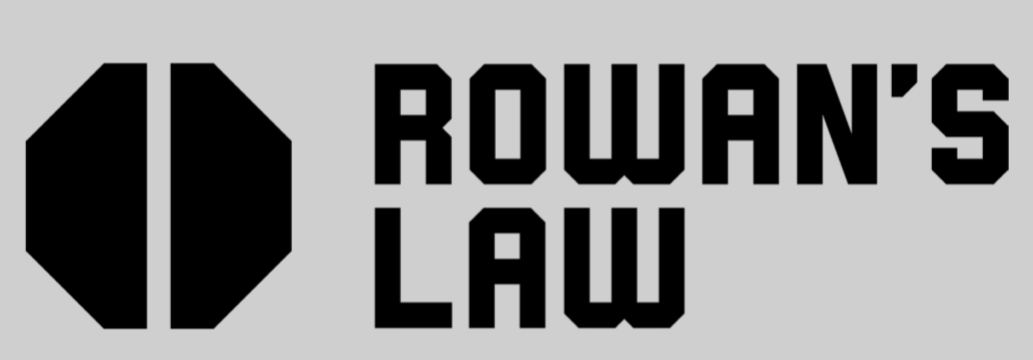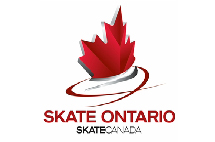FEBRUARY EVENTS
Fri Feb 13th & Sat Feb 14th
NO Skating due to Girls Hockey tournament
Mon Feb 16th is Family Day (please enjoy)
2026 Club Competition Registration and
Additional 2026 Club Competition Events
Now available for purchase
SPRING Registration Coming Soon
_____________________________________________________________________________________________________________________________________
Top Content Title
This is an additional section to be able to add content
Rowan's Law - Skate Ontario Acknowledgement Form
Updates from Skate Ontario regarding Rowan’s Law are now in place. Ontario skating clubs are required under this law to ensure that all skaters under the age of 26, parents (if the skater is under the age of 18 years), coaches, officials and other designated persons have confirmed they have reviewed the required Concussion Awareness Resources and Concussion Codes of Conduct before becoming registered for the ensuing season.
Rowan’s Law was named for Rowan Stringer, a high school rugby player from Ottawa, who died in the spring of 2013 from a condition known as second impact syndrome (swelling of the brain caused by a subsequent injury that occurred before a previous injury healed). Rowan is believed to have experienced three concussions over six days while playing rugby. She had a concussion but didn’t know her brain needed time to heal. Neither did her parents, teachers or coaches.
Rowan’s Law and Rowan’s Law Day were established to honour her memory and bring awareness to concussions and concussion safety.
SKATE ONTARIO CODE OF CONDUCT-ATHLETES & PARENTS/GUARDIANS.PDF
Click here for return to play form!
Concussion Information
What is a concussion?
A concussion is a brain injury. It can’t be seen on X-rays, CT scans or MRIs. It may affect the way a person thinks, feels and acts.
Any blow to the head, face or neck may cause a concussion. A concussion may also be caused by a blow to the body if the force of the blow causes the brain to move around inside the skull. A concussion can happen to anyone – anywhere – including:
- at home, school or your workplace
- following a car, bike or pedestrian accident
- from participating in games, sports or other physical activity
A concussion is a serious injury. While the effects are typically short-term, a concussion can lead to long-lasting symptoms and even long-term effects.
What are the signs and symptoms of a concussion?
Everyone can help recognize a possible concussion if they know what to look for. A person with a concussion might have any of the signs or symptoms listed below. They might show up right away or hours, or even days later. Just one sign or symptom is enough to suspect a concussion. Most people with a concussion do not lose consciousness.
Common signs and symptoms:
Physical
- Headache
- Pressure in the head
- Dizziness
- Nausea or vomiting
- Blurred vision
- Sensitivity to light or sound
- Ringing in the ears
- Balance problems
- Tired or low energy
- Drowsiness
- “Don’t feel right”
Sleep-related
- Sleeping more or less than usual
- Having a hard time falling asleep
Cognitive (Thinking)
- Not thinking clearly
- Slower thinking
- Feeling confused
- Problems concentrating
- Problems remembering
Emotional
- Irritability (easily upset or angered)
- Depression
- Sadness
- Nervous or anxious
Red Flags
“Red flags” may mean the person has a more serious injury. Treat red flags as an emergency and call 911.
Red flags include:
- Neck pain or tenderness
- Double vision
- Weakness or tingling in arms or legs
- Severe or increasing headache
- Seizure or convulsion
- Loss of consciousness (knocked out)
- Vomiting more than once
- Increasingly restless, agitated or aggressive
- Getting more and more confused
What steps should I follow if someone I know, or myself, is suspected of having a concussion?
Follow these three steps if you — or someone you know — experiences a blow to the head, face, neck or body and you suspect a concussion. Call 911 if you are concerned the injury is life-threatening, such as the person is unconscious or they had a seizure.
- Recognize signs and symptoms of a concussion and remove yourself or the athlete from the sport/physical activity, even if you feel OK or they insist they are OK.
- Get yourself or the athlete checked out by a physician or nurse practitioner.
- Support gradual return to school and sport.
These resources are not intended to provide medical advice relating to health care. For advice on health care for concussion symptoms, please consult with a physician or nurse practitioner.
Concussion Club Disclaimer
This information is not for emergencies, nor is it intended to replace or provide medical advice. For emergencies, please call 911 or go to your nearest hospital or emergency department. For advice on health care for concussion symptoms, please consult with a physician or nurse practitioner.
Bottom Content Title
This is an additional section to be able to add content


